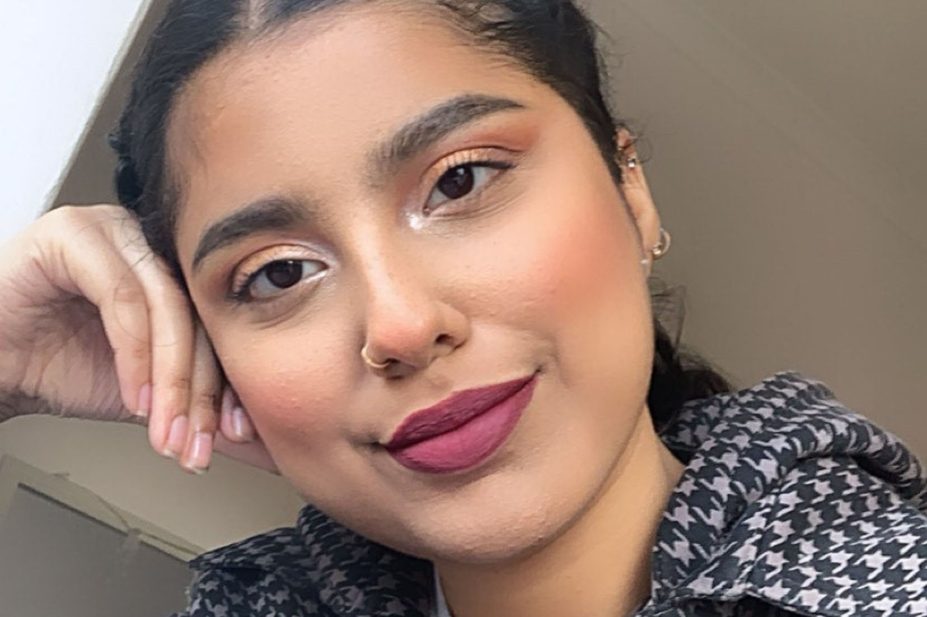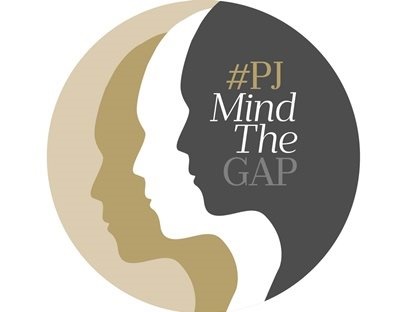
Ishwah Khaliq
I was born in Pakistan and then moved to the UK when I was a child. We mostly lived in Colchester, Essex, a predominantly white area, and it was a real culture shock going to school and being the only brown person in a class full of white people.
After a while, though, I found other people with similar interests and began to have a core friendship group, and it was OK. Of course, sometimes you would suddenly notice you were different. When someone says: “What are you having for dinner? Curry?”, for instance. People were not being intentionally hurtful; it is just that they are not aware of your culture, or what your family does on a day-to-day basis.
Going to university, the experience was similar, but perhaps more subtle. Studying was hard, but in terms of the environment, the pharmacy school intake was diverse and it made me feel a bit more at ease in terms of my peers. However, the faculty is less so, and this was challenging at first because I struggled to relate to any of them. Finding my career path was difficult to imagine because of that.
On the second day of university, when we were introduced to most of the faculty, you could literally see them lined up, and it was mostly white, mostly male. And I think that image kind of stuck in my head and made me question my future. When you don’t see yourself represented, it can make you think: “Perhaps I should just get the degree, do my thing, get some money.” I did not think that I could be fulfilled, successful or actually make a difference in the pharmacy profession.
The university did talk about mental health and academic support services, but in my mind, I wouldn’t really know how to ask for help for that sort of thing. You talk with your personal advisor, but I didn’t feel comfortable enough to fully open up as he wasn’t from an ethnic minority background or a woman.
Having more staff members from a diverse background would make a huge difference. Some people might think it’s a very small issue or just in someone’s head, but I think it’s quite a big thing. If you relate to someone, and you can see yourself succeeding in their footsteps, I think it really drives your academic performance, joining extracurricular activities and getting out there.
In certain scenarios, you do sometimes find that people underestimate you in terms of opportunities. Perhaps they’ve just seen examples of the white students engaging more and so performing better. They may have some sort of unconscious bias in their head about that.
In terms of how I’ve grown up, both my parents have succeeded in what they’re doing and their careers. I think that really motivates me. And when I see people doing well in their careers, whether that be pharmacy or not, and they have a minority ethnic background: that’s what motivates me, and I think it also affects my grades. It’s not that my ethnicity might hold me back or make me want to achieve more. It’s more of where I am personally, and my support system.
Ishwah Khaliq is equality and diversity officer and union council representative at the University of East Anglia and a third-year pharmacy student.
Read more: Making the MPharm fairer: what can be done about the ethnicity awarding gap?



